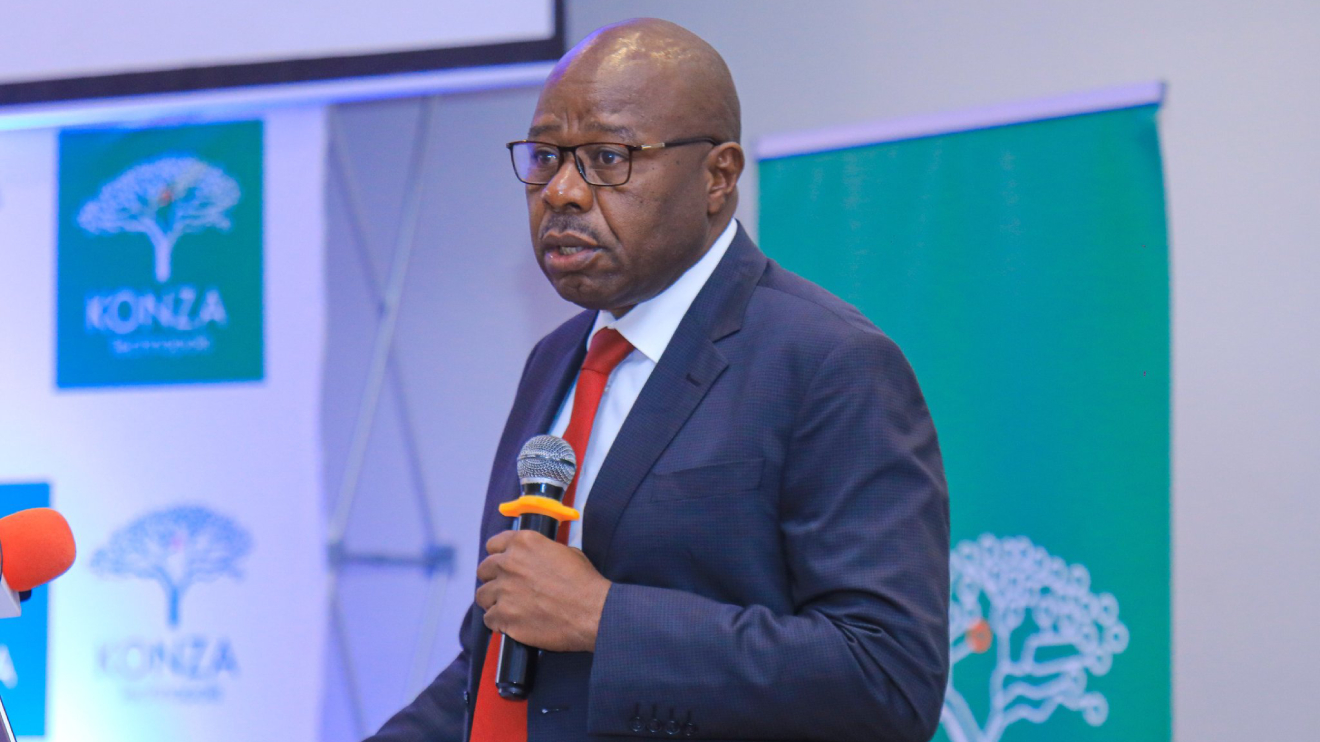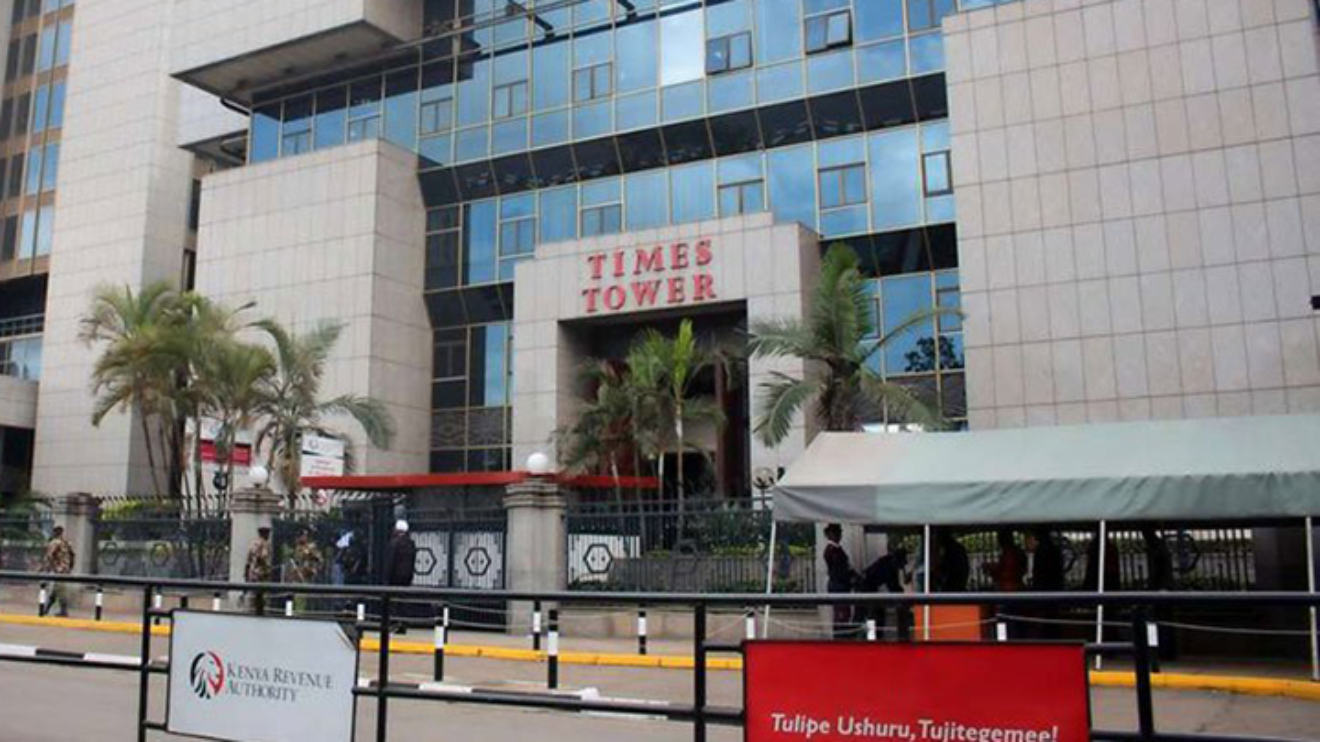Kenyan cyberspace is experiencing an unprecedented onslaught, with a staggering 943 per cent increase in cyber threats detected in the last quarter of 2023.
The Communications Authority of Kenya (CA) recorded a whopping 1.2 billion threats–a stark contrast to the 123 million identified in the previous quarter.
While enhanced monitoring capabilities contributed to the surge in detection, experts warn of a more sinister reality: increased exploitation of system vulnerabilities due to the widespread adoption of internet-connected devices.
Malware, brute-force attacks, and web application vulnerabilities represent the top threats, highlighting the evolving tactics of cybercriminals.
But Kenya is not standing idly by. The National Cyber Security Centre (NCSC) issued a record-breaking 8.06 million advisories during the period, a 44.4 per cent increase compared to the previous quarter.
Read More
These advisories, targeted at critical infrastructure players like ISPs, cloud providers, and government agencies, serve as digital shields, forewarning potential victims and guiding them towards effective countermeasures.
System misconfiguration attacks, according to the CA report, were the most prevalent, mirroring global trends where malware, particularly ransomware, reigns supreme.
"During the period, system misconfiguration attacks were the most prevalent, which aligns with the global trends in cyber threat activity where malware attacks, and more specifically ransomware, were most rampant," the CA report stated.
Recognizing the potential economic devastation of successful cyberattacks, PS Edward Kisiang’ani emphasized the crucial role of these advisories.
He further revealed ongoing government efforts to combat the digital onslaught, including upgrading threat detection systems and upskilling personnel.
However, Kenya acknowledges the transnational nature of cybercrime.
"In light of the increased complexity and sophistication of cyber threats," Kisiang’ani stressed.
"We also remain at hand to collaborate with countries in the region in mitigating cross-border cyber threats."
This collaborative spirit extends beyond regional borders, with African nations preparing for the 2025 World Telecommunications Development Conference with a united front, aiming to safeguard the continent's digital interests.
The conference, organized by the International Telecommunications Union (ITU), presents a crucial platform for advocating for favourable policies, increased investment in telecommunications infrastructure, and Africa's rightful place in shaping the global ICT agenda.
Additionally, David Mugonyi, Director General of the Communications Authority of Kenya, called upon the International Telecommunications Union (ITU) to assist the region in managing Universal Service Funds, emphasizing the need to address challenges in the utilization of these funds to extend ICT benefits to underserved regions.
Kenya's fight against the digital tsunami has just begun.
With proactive measures, collaboration, and a united African front, the nation aims to navigate the increasingly treacherous digital waters and ensure a secure and prosperous future for its citizens.











